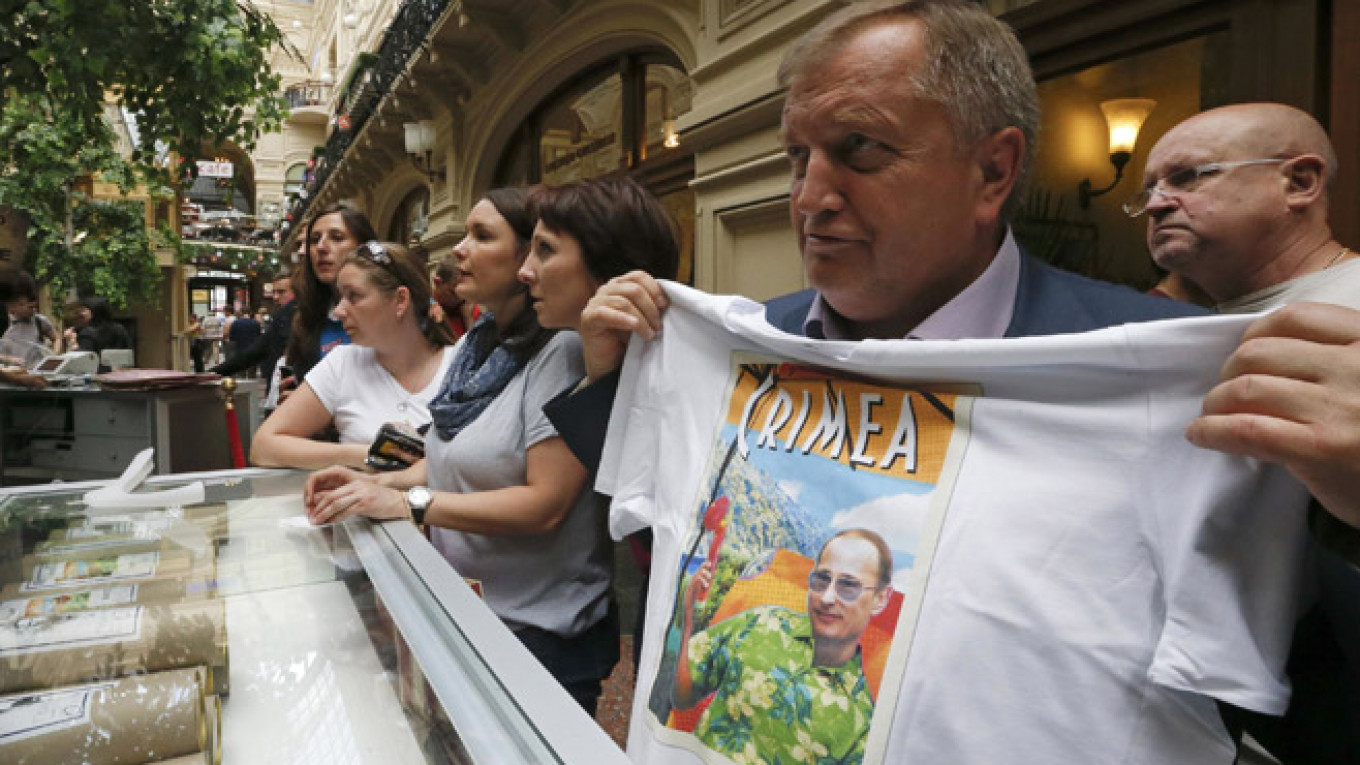Зато: on the other hand, but, however
For years I have been on a personal crusade to nail down the meaning of all Russian's "little words" — all those monosyllabic words like да (yes, and), что (what, that), как (how), так (so), ну (well) that each have 40 meanings and combine with other little words to give another dozen meanings. Lately I've been working on зато (but, however, on the other hand).
For language geeks: зато is a conjunction that is used when you want to show juxtaposition or contrast between two parts of a sentence or two statements. For others: it's the "yeah, but" conjunction. That is, you, the speaker, agree with assertion A, but you then point out that assertion B — which might be the opposite of A — is also true.
Зато literally means "for [all] that," which sometimes works as a translation. Картина для кого-то неутешительная, зато честная (The picture might not be comforting to some people, but for all that, it's honest.)
But most of the time, you need to fiddle with the syntax to get an approximation in English. Она считала, что его недостатки были достоинствами. Ленивый, зато не нахальный (She thought his character flaws were really virtues. He might be lazy, but he was never obnoxious). Пусть грузовик не так быстр, как хотелось бы, но зато любой груз увезёт. (All right, the truck doesn't go as fast as I'd want it to, but on the other hand, it can haul any load). Правда, ноги отваливались, но зато какое удовольствие было! (Yeah, our legs were so tired we could barely walk, but man, was it fun!).
I think of зато as the "look on the bright side" conjunction. Стоили эти ёлки весьма дорого — до 2,000 рублей! Но зато были удивительно хороши (The Christmas trees did cost a lot — up to 2,000 rubles! But they really were gorgeous!). Масло немного дороже, потому что холодный отжим не самый дешёвый способ, но зато позволяет сохранить все витамины! (The oil was a bit more expensive because cold pressing is not a cheap process, but the good thing is that it preserves all the vitamins!)
It's this "silver lining" that is meant in today's widespread зато internet meme. This is usually said after you list all the bad consequences of the annexation of Crimea to your friend, and then they counter with Зато Крым — наш. (Yeah, I know, but the great thing is: Crimea is ours.)
The other meaning of зато is that assertion B is a consequence of assertion A. For example: Домик наш мал, зато спокоен (Our cottage might be small, but that makes it peaceful). Подруга очень щепетильна, зато ей многие доверяют (Her friend is probably overly scrupulous, but that's why so many people trust her).
Зато should not be confused with за то, the preposition за (for) and the pronoun то (that, what). We tend to make phrases using this construction a bit simpler in English. Я за то, чтобы придерживаться Конституции. (I'm for upholding the Constitution.)
In my case, I can use both зато and за то: Я попала в больницу с аппендицитом, но зато больше не надо беспокоиться об аппендиксе. Я благодарна за то, что всё обошлось благополучно (I ended up in the hospital with appendicitis, but at least I don't have to worry about my appendix anymore. I'm grateful that it all turned out fine).
Michele A. Berdy, a Moscow-based translator and interpreter, is author of "The Russian Word's Worth" (Glas), a collection of her columns.
A Message from The Moscow Times:
Dear readers,
We are facing unprecedented challenges. Russia's Prosecutor General's Office has designated The Moscow Times as an "undesirable" organization, criminalizing our work and putting our staff at risk of prosecution. This follows our earlier unjust labeling as a "foreign agent."
These actions are direct attempts to silence independent journalism in Russia. The authorities claim our work "discredits the decisions of the Russian leadership." We see things differently: we strive to provide accurate, unbiased reporting on Russia.
We, the journalists of The Moscow Times, refuse to be silenced. But to continue our work, we need your help.
Your support, no matter how small, makes a world of difference. If you can, please support us monthly starting from just $2. It's quick to set up, and every contribution makes a significant impact.
By supporting The Moscow Times, you're defending open, independent journalism in the face of repression. Thank you for standing with us.
Remind me later.








